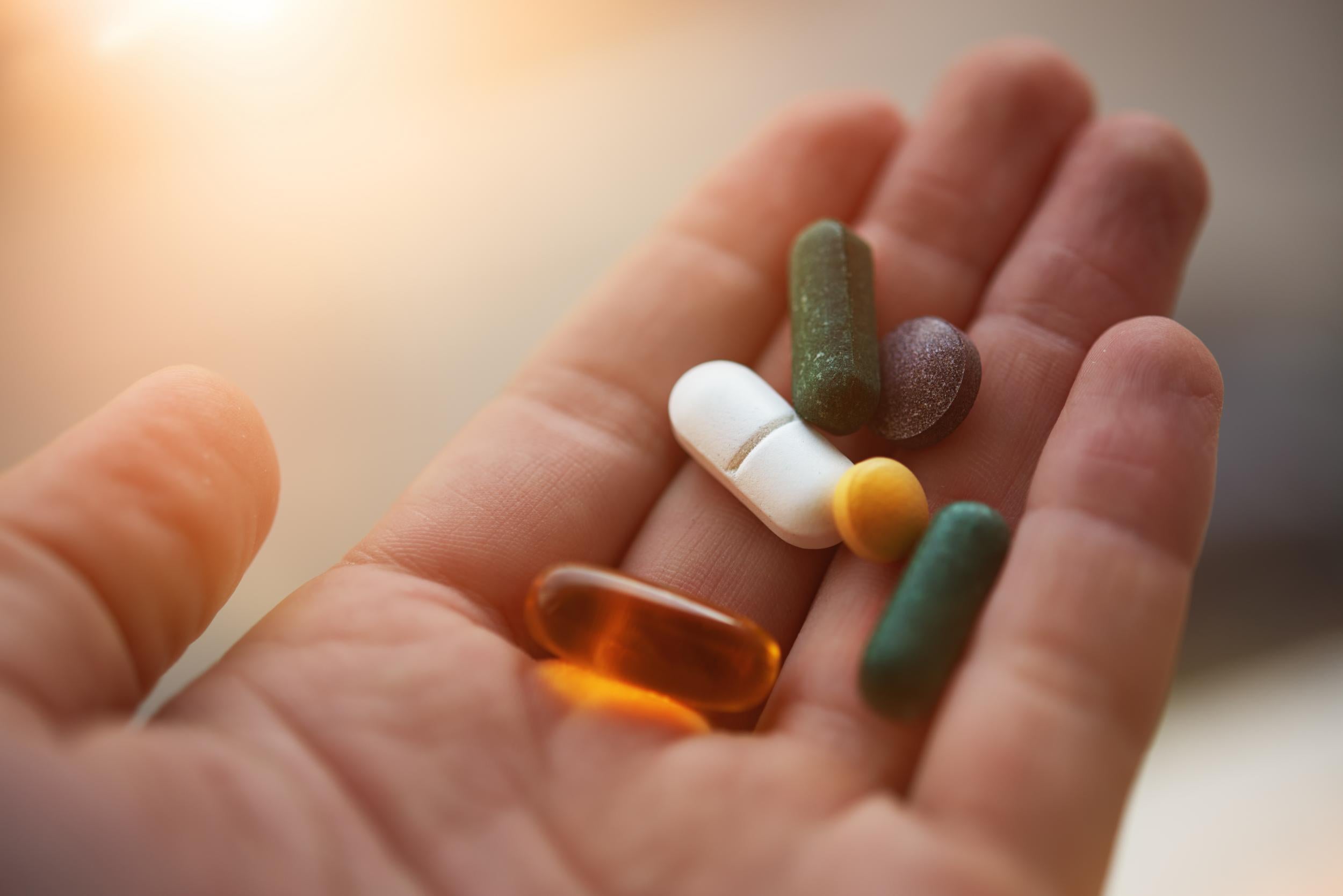Vitamin D overtakes vitamin C to become the UK’s best-selling supplement
Britons spent a record £442 million on vitamins in 2018

Your support helps us to tell the story
From reproductive rights to climate change to Big Tech, The Independent is on the ground when the story is developing. Whether it's investigating the financials of Elon Musk's pro-Trump PAC or producing our latest documentary, 'The A Word', which shines a light on the American women fighting for reproductive rights, we know how important it is to parse out the facts from the messaging.
At such a critical moment in US history, we need reporters on the ground. Your donation allows us to keep sending journalists to speak to both sides of the story.
The Independent is trusted by Americans across the entire political spectrum. And unlike many other quality news outlets, we choose not to lock Americans out of our reporting and analysis with paywalls. We believe quality journalism should be available to everyone, paid for by those who can afford it.
Your support makes all the difference.Vitamin D is now Britain’s most popular single food supplement after sales rose seven per cent last year.
According to the market research company Mintel, approximately 33 per cent of supplement buyers choose vitamin D, followed by vitamin C on 27 per cent.
Britons also spent a record £442 million on vitamins in 2018, up from £417 million in 2013, despite medical studies questioning their health benefits. Mintel predicts sales will continue to climb to £477million by 2023.
Vitamin D helps regulate the amount of calcium and phosphate in the body and is important for keeping bones, teeth and muscles healthy.
The body creates vitamin D from direct sunlight on the skin when outdoors.
However, the NHS says between October and early March, Britons don’t get enough vitamin D from sunlight.
It advises: “Since it's difficult for people to get enough vitamin D from food alone, everyone (including pregnant and breastfeeding women) should consider taking a daily supplement containing 10 micrograms of vitamin D during the autumn and winter.”
Anita Winther, research analyst at Mintel, said: “Vitamin D has proved to be a star performer in the sector, with its health benefits in the winter months continuing to be a popular topic.”
She added that people are taking a more proactive approach towards their wellbeing as a result of the ongoing focus on health among consumers and in the public debate.
“The interest in health is expected to be a major driver for vitamin, minerals and supplements sales,” she continued.
Mintel found that approximately 60 per cent of the British population have taken vitamin supplements in the past year, with 33 per cent taking them daily.
Some 38 per cent of women admit to taking vitamins every day, compared with 29 per cent of men.
While the buying of vitamin D supplements has risen for all age groups, the biggest change was among those aged 35-54 with a rise from 22 per cent to 35 per cent.
Join our commenting forum
Join thought-provoking conversations, follow other Independent readers and see their replies
Comments